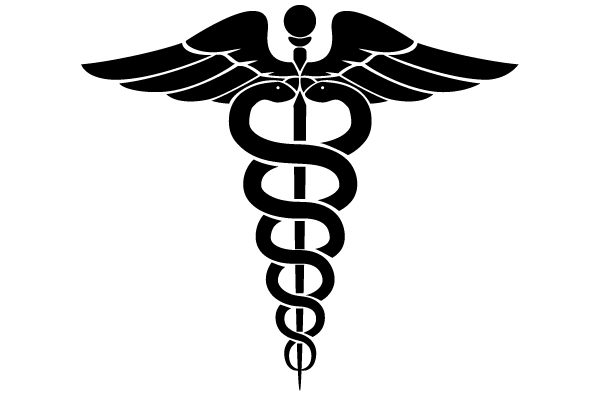

The goal of the National Health Policy is to bring about a comprehensive health care system, based on primary health care that is primitive, protective, preventive, restorative and rehabilitative to all citizens within the available resources.
In the 1999 constitution as ammended, the provision of health care at primary health care level is the responsibility of local governments with the support of state ministries of health and largely by the national health policy.
Unfortunately, this initiative conceptualized during the alma ata conference declaration in 1978, is not functioning properly in the country.
The declaration of alma-ata identified primary health care as the key to the attainment of the goal of health for all.
About thirty out of the thirty-six states of the federation have failed to disburse funds to their primary health centers after receiving over thirteen billion Naira from the federal government as grant.
The funds were given to the states and the FCT by the federal government through the National Primary Health Care Development Agency, NPHCDA, to address challenges of poor facilities and lack of manpower at the primary health care centers.
According to the Executive Director of national primary healthcare development agency, Dr Faisal Shuaib, the disbursement of the fund was a gateway to the basic health care provision to the thirty-six states of the federation and the federal capital territory, Abuja.
Dr. Shuaib noted that of all the states that received the funds, only Abia, Anambra, Delta, Ebonyi, Niger, Osun and FCT had commenced disbursement to primary health centers.
Residents seek prevention of disease, management of chronic conditions, access to treatment of various ailments and conditions, and family planning from primary health care providers.
When the primary health care system performs well, the majority of people’s health needs is met and this is crucial towards achieving the country’s national health goals.
The country has about thirty thousand primary health care centers and only ten thousand is being funded.
According to a report from National Primary health care development agency about one hundred and forty-eight women die daily as a result of complications related to pregnancy or childbirth.
The majority of the deaths are from conditions that could have been prevented if the women had received the right medical care during antenatal neonatal and post natal at the primary centers.
It is necessary that states and local governments take more active role in allocating funds to the primary health care for optimal performance.
Nigerians should see the primary health care centers as an economic investment that should be given priority to improve the health of the citizens.
There is the need for training and re training of primary health care workers to improve their productivities.
It is pertinent that media organisations should create awareness about the state of primary health care for the quick intervention of the government and in turn improve health care system in the country.
Fawzeehah Kasheem